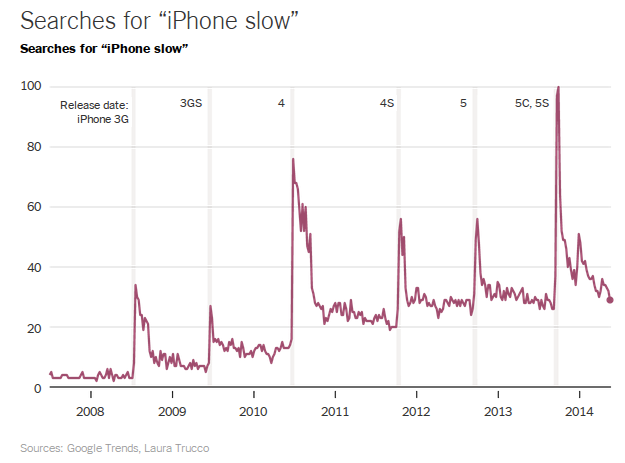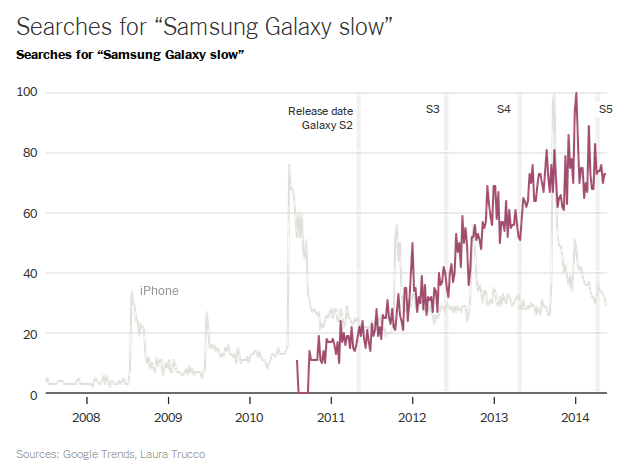David Brooks has written a column for the NYTimes entitled, “The End of Philosophy”. The basic thrust of the article is that moral reasoning is less about reasoning and more about intuition. In other words, morality is more like aesthetics than logic.
A representative section:
Think of what happens when you put a new food into your mouth. You don’t have to decide if it’s disgusting. You just know. You don’t have to decide if a landscape is beautiful. You just know.
Moral judgments are like that. They are rapid intuitive decisions and involve the emotion-processing parts of the brain. Most of us make snap moral judgments about what feels fair or not, or what feels good or not. We start doing this when we are babies, before we have language. And even as adults, we often can’t explain to ourselves why something feels wrong.
In other words, reasoning comes later and is often guided by the emotions that preceded it.
The major hole I see in Brooks’ article — and argument — is what he himself recognizes here:
Moral intuitions have primacy, Haidt argues, but they are not dictators. There are times, often the most important moments in our lives, when in fact we do use reason to override moral intuitions, and often those reasons — along with new intuitions — come from our friends.
It’s true that moral intuitions may have evolutionary (or other) roots distinct from reason, but that’s why they’re called “intuitions.” Brooks recognizes that at the “most important moments in our lives”, we cast those intuitions aside. Well, doesn’t that suggest that there exists a moral “right answer” outside our intuitions? Perhaps people should use reason to override impulse at more mundane moments of their lives, too. For example, when deciding whether one deserves those alligator skin shoes, or whether the dying children in Africa might be better candidates for that money.
There have been many attempts in recent years to justify the less rational sloppy moral thinking of individuals by pointing to evolution and saying that an individuals’ beliefs are just derived from their primordial roots. I simply disagree with this line of reasoning. The fact that you can override your moral impulses means that at times you must! I much prefer to frame my decisions in terms of Jean-Paul Sartre’s concept of “radical” or “unlimited” freedom. And with that freedom comes responsibility.
Brooks quotes Haidt,
The emotions are, in fact, in charge of the temple of morality, and … moral reasoning is really just a servant masquerading as a high priest.
My analogy is that moral intuitions are more like the inmates in a psychotic ward. In people who don’t think their moral choices through, “the inmates are running the asylum.”






